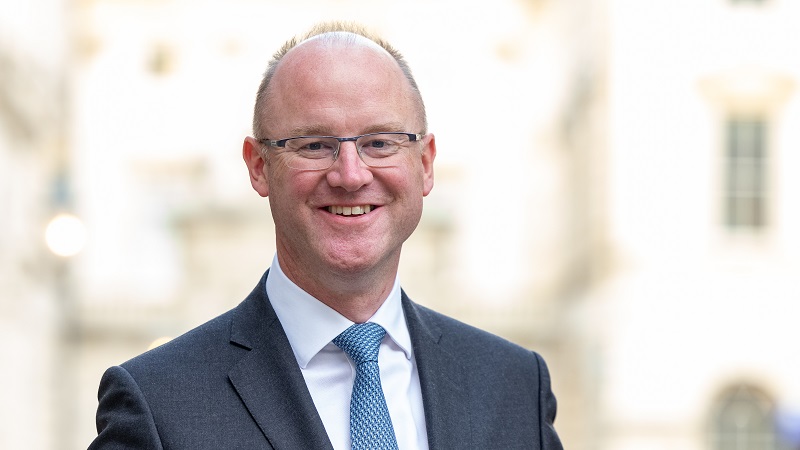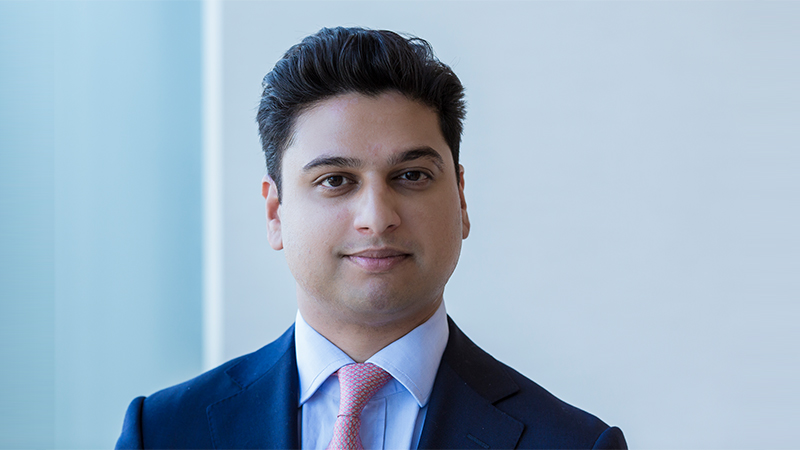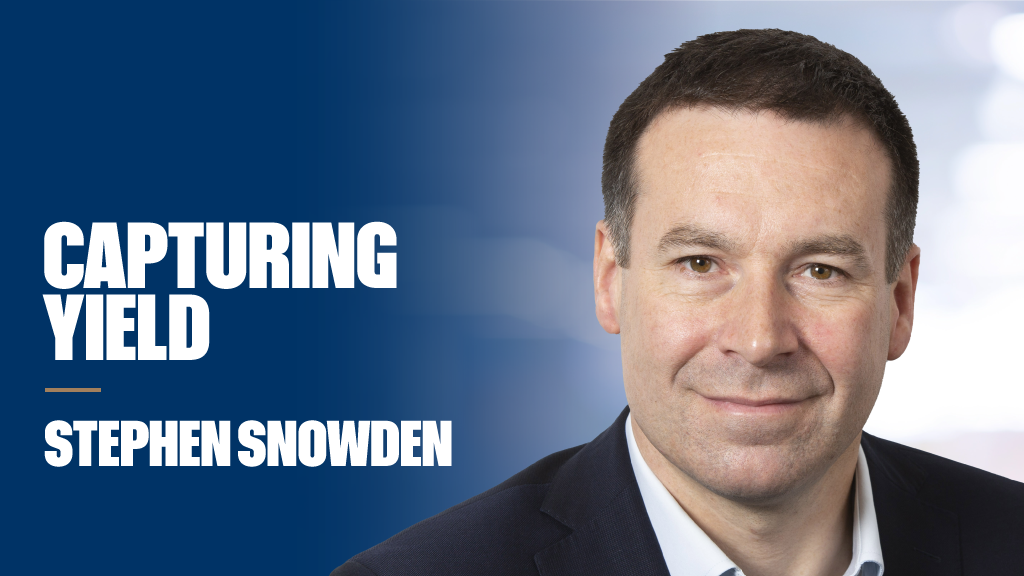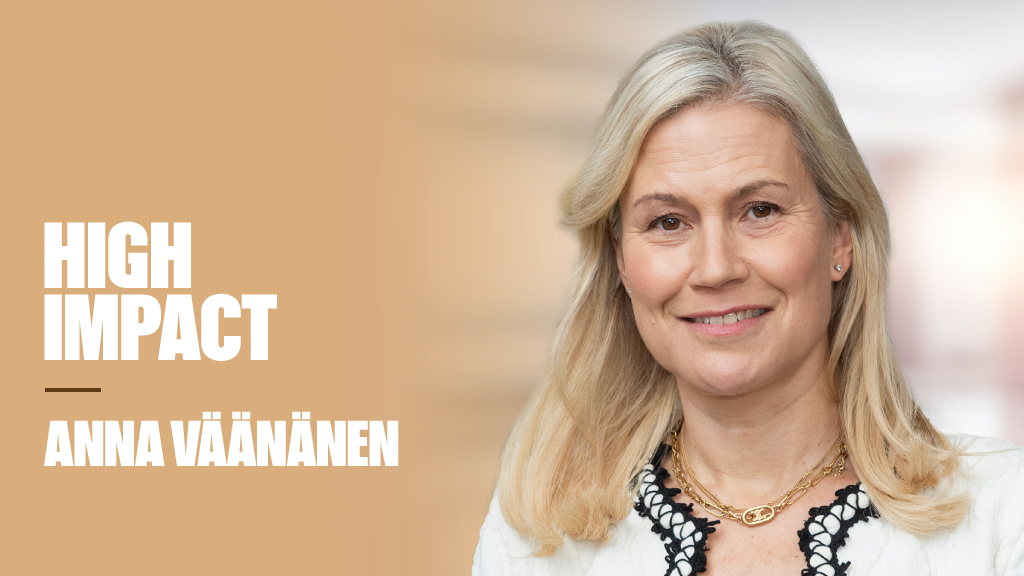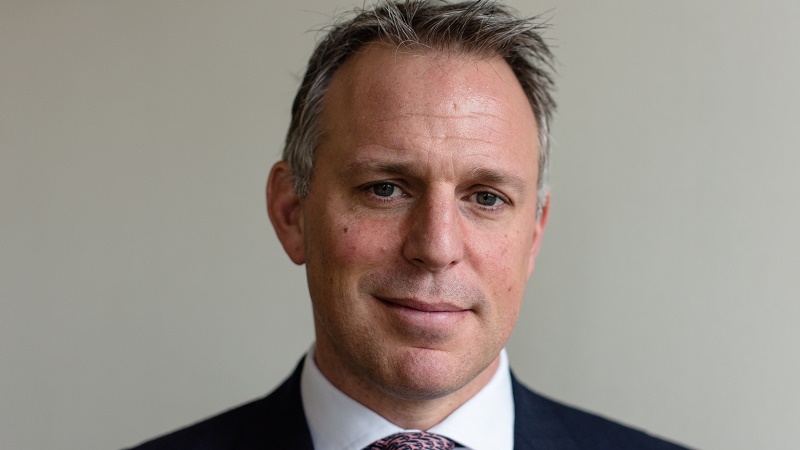In April 2018, Axa Investment Managers announced Nigel Thomas would be hanging up his gloves after 40 years in asset management and that Chris St John (pictured) would succeed him in the running of the renowned £1.9bn Axa Framlington UK Select Opportunities fund.
Investors and ratings agencies immediately questioned St John’s ability to run the fund, despite his smaller mid-cap vehicle having delivered top-quartile performance in the past. Morningstar placed UK Select Opportunities under review while it assessed how St John would handle the £1.9bn fund, compared with his £177m all-cap fund and £262.8m mid-cap.
St John now manages the UK Mid Cap, Axa World Funds Framlington UK and UK Select Opps, with a combined AUM of £2.3bn, as at 31 December 2018.
Balance of power
Meeting late last year with St John to discuss these concerns and the impact of Thomas’s departure, he remained optimistic, saying he had worked alongside Thomas for long enough to ensure a seamless transition. Speaking to him again after he officially took on the role, St John remains every bit as confident, reiterating that the fund’s investment process would stay the same.
“I’ve worked on the same desk as Nigel since 2005 but I also knew him professionally before that. Our investment process is very similar. If you look at the style of the funds I have and compare them with Nigel’s, I would say they’re almost identical.”
Speaking of their investment philosophy, St John says: “We both acknowledge we don’t have a monopoly on knowledge and insight. It’s about working hard, seeing lots of companies, being pragmatic and open-minded, and accepting when you get things wrong.”
He explains that both of them look for businesses that can compound their earnings so everyone is working towards the same goal. “We both like companies that are compounding their earnings, generating cash and have strong balance sheets.
“Having a strong balance sheet is a nice thing to say but, essentially, it means management teams are making decisions principally for the equity holders and not the debt holders, and we’re very keen to have companies where the balance of power is in the hand of equity.”
St John has made certain changes to the UK Select Opportunities fund during the past six months to bring it more into line with his mid-cap offering. He does not intend to move them together, however, as he believes it is not fair on the offshore multi-cap investment base.
“Having said that,” he says, “it is fair to expect over the next three to five years they will become a bit closer, because it’d be odd if I was investing in completely different things between two multi-cap funds.”
UK Select Opportunities also sold out of a few stocks such as Paypal, Betfair and St James’s Place. St John says this was due to a combination of valuation and the deteriorating outlook of the businesses.
On St James’s Place, he says: “In particular, I felt as though there had been increasing scrutiny on the fees charge on St James’s Place, which had come under pressure over time. When you combine that with the valuations companies are trading on, it made sense to exit.”
The elephant in the room
With the current political turmoil in the UK, no conversation is complete without mention of Brexit. However, St John believes it’s best not to worry about things you can’t control and has no intention to make changes to his fund in preparation. Although there is a large focus on Brexit, he says there is a much wider picture to consider, with the effect on the global economy in terms of wealth.
“Brexit is a red herring. With a number of UK domestic stocks Brexit gets the blame, but it has just exacerbated problems that were already there. For example, you can’t really blame Debenhams’ problems on Brexit.”
Issues with retail stores and other stocks are not always a direct result of Brexit, St John notes. But people are leaning on this as a result of underperforming stocks. He says that during the time of the referendum, a lot of people were also shorting the FTSE 250 index as a proxy for the UK market.
“Lots of selling pressure came through the mid-caps space. The irony is that half of FTSE 250 earnings is international. To my mind, it’s a technical situation that’s not completely baseless in terms of fundamentals. I do get it.
“But the FTSE 250 is not a purely UK-exposed economic area, it just happens to have 50% as opposed to the FTSE 100’s 30%. “But in the minds of investors, particularly international investors, FTSE mid-cap is a UK-indexed UK economy.”
Investors became fearful of the UK economy being hurt by Brexit, he says, and, as a result, began shorting all their stocks, leading to heavy selling pressure.
“If you’ve got a fund that is massively underweight mega-cap and overweight to the FTSE 100 and in what’s perceived as UK domestic areas of the market, whether or not UK domestic exposure is higher or lower then unfortunately that’s just the way it is. They fall pretty badly.”
However, the UK Select Opportunities fund, AWF and the UK Mid Cap have all underperformed for some time. UK Select Opps has underperformed against the IA UK All Companies sector on a three- and five-year horizon, with returns of 14.7% and 20.8%, respectively, versus 23% and 24.5%. Likewise, the UK Mid cap fund also underperformed against the same sector on a one-year and three-year scale, with returns of -8.1% and 19.3%, but outperformed on a five-year scale, returning 40.5%.
St John says 2016 was the most difficult year across the funds and the worst relative year of Thomas’s career. UK Select Opportunities was badly hit and underperformed by 12.7% around the time of the Brexit vote. The AWF fund lost almost 6.7% from 23- 28 June 2016.
Justifying some of the fund’s underperformance, St John says the peer group position tends to “jump around” as a result of things like Brexit. Relative to the peer group, 2016 was not a good year for the offshore fund either, but he says it was even more extreme because of the percentage of assets in the mid-cap space.
However, St John has no plans to adjust anything for Brexit. “We’re not going to change anything stylistically. If you look at performance, 2016 was the difficult year. Performance since then has certainly not been stellar but it’s very different when you don’t include those months in 2016.
“I’d like to think of the 2016 vote outcome, movement of sterling and reaction of shares on the UK market as an aberration.” Although he doesn’t have a strong view on Brexit, St John does note that the vote’s outcome came as a “massive shock”, having seen sterling fall dramatically and the impact on stocks as a consequence of that.
“It had an effective upgrade to the mega- caps because so much of their earnings was overseas. It also had an effective downgrade on anything perceived to be UK, and I think it is this element that is underestimated by people.”
“But the question is was anything changed by the vote? No. Did I change anything on the way out of the vote? No. So, naturally, that drop makes a massive difference.”
Big isn’t better
Discussing the positioning across the funds, St John says: “Outside the mega-caps is where you want to be as a fund manager and where you can make a difference, with businesses compounding their earnings and increasing their economic output.
“Exogenous events can make things look pretty nasty short term but over the investment cycle, I’m absolutely convinced it’s the right way of investing.”
It is essential to think about listed companies like private businesses across the board. Just because a company is listed, it shouldn’t make any difference, he says.
“It makes a difference in our minds because we have these loose indexes, where the FTSE 100 has Shell at the top. But you allocate on the basis of the size of the business. To my mind, that is almost a perfect definition of misallocation of capital.”
Venting his frustration on this topic, St John questions why any manager would want to give money to a company just because it is big.
“If anything, I’d think you would always want to do the reverse,” he says. “You want the companies that are going to be big tomorrow, not the companies that are big today. But sometimes capital flows that happen because of an event like Brexit can be overwhelming.”


